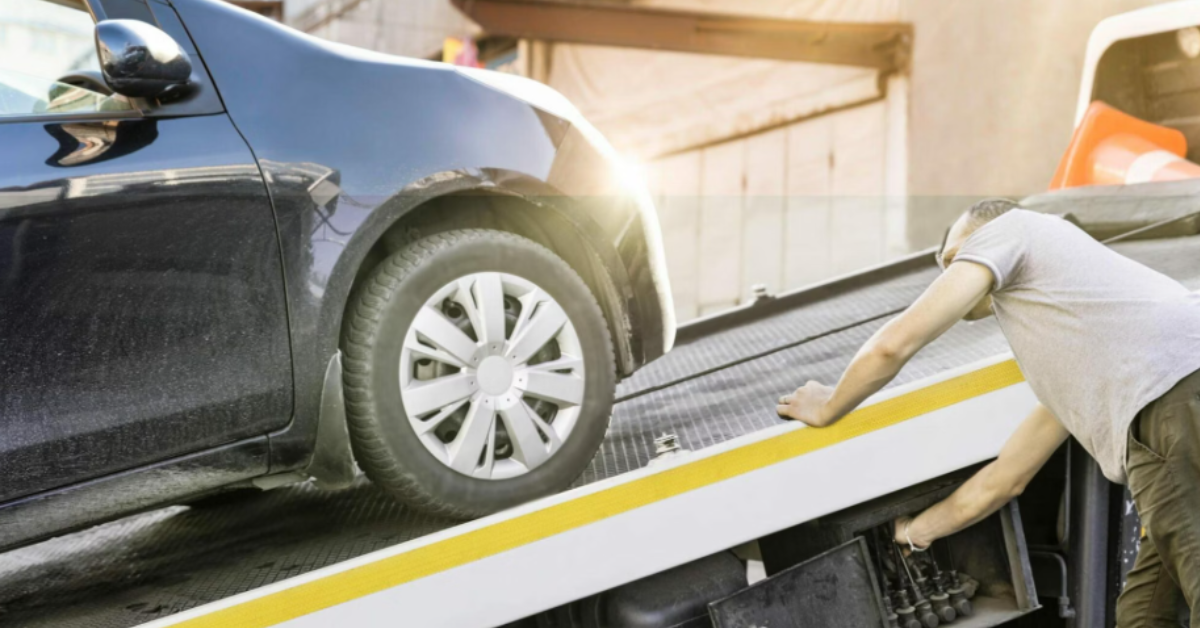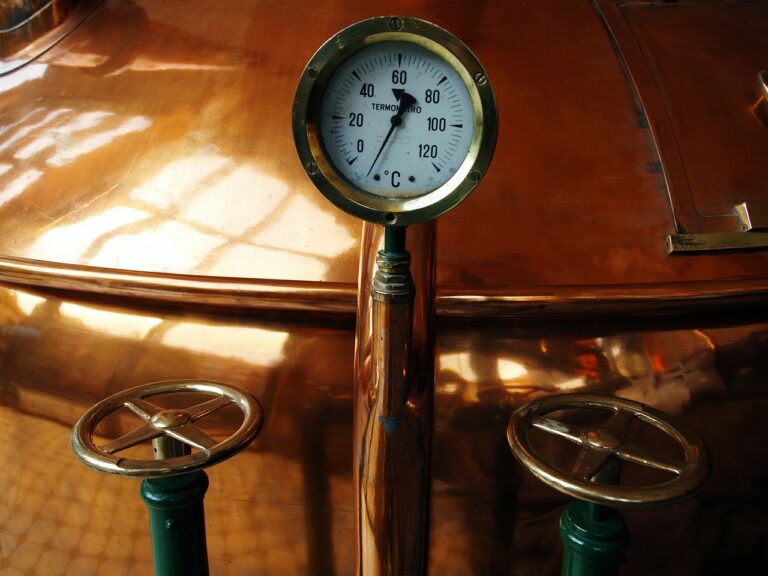Sell Car to Dealer in Singapore: The Smart Way to Let Go of Your Car
In Singapore’s fast-paced and regulation-heavy car market, deciding how to part with your vehicle can feel overwhelming. Many car owners eventually realise the most efficient route is to Sell Car To Dealer rather than handling the process independently. Whether you’re looking to upgrade, relocate, or simply downsize, selling to a dealer offers a streamlined, hassle-free solution that saves both time and stress.
With limited COE validity, depreciation, and changing resale values, timing and strategy play a critical role in ensuring you get the best possible deal. This article explores everything you need to know about selling your car to a dealer in Singapore—from how it works to what to watch out for.
Why Selling to a Dealer Makes Sense in Singapore
Unlike many other countries, the cost of owning a car in Singapore is exceptionally high due to the Certificate of Entitlement (COE) system. Cars lose their value faster, and owners often seek out options to avoid further financial loss. This is where dealers come in.
Here’s why many car owners choose dealers:
-
Quick Sale Process: Dealers can complete the transaction in just one visit.
-
No Advertising or Negotiating: Skip the hassle of posting listings and screening buyers.
-
Immediate Offers: Most dealers will give you an on-the-spot valuation.
-
Expert Handling: Dealers take care of all paperwork with LTA, banks, and insurance providers.
Rather than navigating this process on your own, it’s often more efficient and stress-free to sell car to dealer, especially when time is of the essence.
What Dealers Look For When Valuing Your Car
To get a fair price from a dealer, you’ll need to understand what they consider when making an offer:
-
Vehicle Age & COE Left: Cars with more years remaining on their COE typically fetch a better price.
-
Condition: Clean, well-maintained vehicles are more attractive and demand higher resale prices.
-
Mileage: Lower mileage usually means less wear and tear, increasing value.
-
Service Records: A complete history of servicing and repairs boosts credibility.
-
Market Demand: Popular car makes and models (like Toyota, Honda, and Mazda) generally have better resale value.
Knowing these factors helps set realistic expectations and prepare you for dealer negotiations.
Step-by-Step Guide to Selling Your Car to a Dealer
1. Prepare Your Documents
Before reaching out to dealers, gather the necessary documents:
-
NRIC or identity card
-
Vehicle log card
-
Service records
-
Insurance documents
-
Car loan settlement letter (if applicable)
-
Road tax details
Having everything ready upfront speeds up the process and builds trust with the buyer.
2. Get a Free Valuation
Reach out to at least 3-5 dealers to get quotes. Some dealers offer online valuation tools where you input your car’s details to get an estimated price. Others prefer to inspect the car in person before quoting.
3. Compare Offers
Prices may vary depending on the dealer’s inventory needs and market trends. Don’t rush to accept the first offer. Take time to weigh your options and negotiate if necessary.
4. Settle Outstanding Loans
If your car is still under financing, the dealer will usually help you pay off the outstanding balance using part of the sale proceeds. Ensure the loan is fully cleared before handing over the vehicle.
5. Transfer Ownership
Once a price is agreed upon, the dealer will handle the legal transfer through LTA’s online portal. Make sure all paperwork is completed and you receive proof of the ownership change.
6. Receive Payment
Most dealers offer direct bank transfer payments. Always confirm that the full amount has been received before parting with your keys.
Benefits of Selling to a Dealer vs. Private Buyer
There’s no doubt you might get a slightly higher price by selling directly to a private buyer. However, that comes with trade-offs:
| Selling to Dealer | Selling Privately |
|---|---|
| Fast and convenient | Time-consuming |
| Minimal paperwork | You handle all documentation |
| Safer transaction | Risk of scams or bounced payments |
| No need to advertise | Must meet and screen buyers |
| Immediate payment | Payment may be delayed |
Given Singapore’s strict regulations and vehicle depreciation, the slightly lower price you accept when you sell car to dealer is often worth the saved effort and reduced risk.
Tips to Maximise Your Offer
To get the best possible value from a dealer, follow these proven tips:
-
Clean Your Car: A well-presented vehicle makes a strong impression.
-
Fix Minor Issues: Repairing dents, scratches, or faulty lights can increase valuation.
-
Service Before Selling: A recent servicing report adds confidence to your sale.
-
Know Your Numbers: Understand your car’s COE, PARF value, and remaining loan amount.
-
Negotiate Smartly: Don’t accept the first quote without at least a little discussion.
Dealers expect some level of negotiation. Being polite but firm can go a long way in improving your offer.
Common Mistakes to Avoid
If this is your first time selling a car, here are some common mistakes you’ll want to avoid:
-
Failing to Check the Market Rate: Going in blind can result in a poor deal.
-
Ignoring Outstanding Loans: Always clear your financing or settle it through the dealer.
-
Leaving Personal Items in the Car: Double-check everything before handing it over.
-
Not Getting Written Confirmation: Always request a written sale agreement with payment details.
Avoiding these errors ensures a smooth and professional sale.
When Is the Best Time to Sell?
Timing matters when you’re ready to sell your vehicle. The ideal moments to approach a dealer include:
-
Before COE Renewal: Don’t wait until your COE expires; that reduces your car’s value.
-
Before Major Repairs Are Needed: If a big fix is looming, it may cost more than it adds in value.
-
During High Demand Seasons: Leading up to holidays or year-end, demand often increases.
Smart timing can be the difference between an average deal and a great one.
Final Thoughts
For most Singapore car owners, choosing to sell car to dealer is a strategic and sensible decision. The convenience, safety, and simplicity of the process make it ideal for those who don’t want to deal with the uncertainty of the private market. While you might forgo the highest possible price, what you gain in time saved and peace of mind often outweighs the difference.
Before you sell, equip yourself with knowledge, research current values, and speak to multiple dealers. With a little preparation, you’ll walk away with a fair deal and a smooth experience—free of stress and full of confidence.







